Rugby Union Athlete Receives Ban
Sport Integrity Australia acknowledges that Rugby Australia has imposed a three-year ban on athlete Marlon Jones for the Presence of a Prohibited Substance and/or its metabolites or markers and Use and Possession of a Prohibited Substance/s.
Mr Jones, who played with Bond University in the Queensland Premier Rugby Competition at the time, returned an Adverse Analytical Finding from an Out-of-Competition doping control test on 19 April 2022.
Mr Jones’ sample was analysed at the Australian Sports Drug Testing Laboratory, part of the National Measurement Institute, and the presence of Di-hydroxy LGD-4033 (metabolite of LGD-4033 (Ligandrol)) and 4-hydroxy-clomiphene and hydroxy-methoxyclomiphene (metabolites of Clomiphene) were detected.
The substance LGD-4033 (Ligandrol) is listed under Class S1.2 (Other Anabolic Agents) of the World Anti-Doping Code – International Standard – Prohibited List 2022 and the World Anti-Doping Code – International Standard – Prohibited List 2021 and is prohibited at all times. Clomiphene is listed under Class S4.2 (Anti-Estrogenic Substances) and is also prohibited at all times.
It was also determined that:
- On and/or before 19 April 2022, Mr Jones Used the Prohibited Substance/s LGD-4033 (Ligandrol) and Clomiphene;
- From on and/or around 24 November 2021 to on and/or around 5 March 2022, Mr Jones Possessed the Prohibited Substance LGD-4033 (Ligandrol); and
- From on and/or around 1 March 2022 to on and/or around 8 April 2022, Mr Jones Possessed the Prohibited Substance Clomiphene.
Mr Jones’ ban was reduced by 12 months following a full admission of the alleged anti-doping rule violations.
Rugby Australia thereby imposed a three-year ban on Mr Jones commencing on 5 March 2022.
Mr Jones is ineligible to participate in any sports that have adopted a World Anti-Doping Code compliant anti-doping policy until 5 March 2025. He is also not permitted to compete in a non-Signatory professional league or Event organised by a non-Signatory International Event organisation or a non-Signatory national-level Event organisation.
ADDITIONAL INFORMATION ON THE PROHIBITED SUBSTANCES
Clomiphene, also known as Clomid, is intended for the treatment of infertility, primarily in women but is also used off-label for male infertility. The use in males can cause increased testosterone. Clomiphene is not currently medically approved for male use and can cause side effects including headaches, gynaecomastia and blurred vision.
LGD-4033 (Ligandrol), originally developed for the treatment of muscle wasting conditions such as aging, osteoporosis, muscular dystrophy and cancer, is promoted as a selective non-steroidal anabolic agent. It is claimed to be a substance that induces muscle (and bone) growth without the side effects associated with steroid use. However, information on the safety of LGD-4033 is scarce due to a lack of medium and long-term clinical trials - hence the medium and long-term health impacts are unknown.
It should be noted that a number of SARMs have associated health-risks, particularly for the heart and liver.
Rugby Union Athlete Receives Sanction
port Integrity Australia (SIA) acknowledges that Rugby Australia (RA) has imposed a one year and six months ban on athlete Kane Koteka for the Presence and Use of a Prohibited Substance.
Mr Koteka, a Rugby Union player contracted to Western Force in the Super Rugby Pacific Competition at the time, returned an Adverse Analytical Finding (AAF) from an Out-of-Competition doping control test on 16 December 2022.
Mr Koteka’s sample was analysed at the Australian Sports Drug Testing Laboratory, part of the National Measurement Institute, and the presence of Ostarine (Enobosarm) was detected.
The substance Ostarine (Enobosarm) is listed under Class S1.2 (Other Anabolic Agents) under the World Anti-Doping Code – International Standard – Prohibited List – 2022 (Prohibited List 2022). The substance Ostarine (Enobosarm) is a Non-Specified Substance and is prohibited at all times.
SIA determined that on and/or before 16 December 2022 Mr Koteka Used a Prohibited Substance, namely Ostarine (Enobosarm).
However, SIA also determined, that Mr Koteka had established, to a ‘balance of probability’ standard, that the presence of the Prohibited Substance in Mr Koteka’s system and the Use of Ostarine (Enobosarm) was likely due to cross-contamination which occurred in a private setting, and that Mr Koteka:
- did not use the Prohibited Substance intentionally;
- did not engage in conduct that he knew constituted an Anti-Doping Rule Violation (ADRV); and
- did not manifestly disregard a significant risk that he may be engaging in conduct that might result in an ADRV.
As a result, Mr Koteka’s base period of Ineligibility was two years on account of the lack of intentionality and this was further reduced by six months on account of Mr Koteka having established ‘No Significant Fault or Negligence’ applied.
The reduced ban of one year and six months commenced on 3 February 2023.
Mr Koteka is ineligible to participate in any sports that have adopted a World Anti-Doping Code compliant anti-doping policy until 3 August 2024. He is also not permitted to compete in competitions authorised by any non-signatory professional league or any international or national-level Event organisation or any elite or national-level sporting activity funded by a governmental agency.
Why Publicly Criticising Match Officials Has To Stop - The Rassie Erasmus Lions Saga
Published Tuesday, 15 March 2022.
CTE And Causation: The Key Medico-Legal Issues In Rugby Union’s Concussion Litigation
Published Friday, 09 July 2021.
How rugby union is responding to Covid-19: a legal update
Published Monday, 21 September 2020.
Salary cap upheaval in rugby union: Part 1 – the Saracens case
Published Friday, 28 August 2020.
Sport and competition law – the year in review 2019/20
Published Wednesday, 08 July 2020.
For the love of money: exploring the decision in the Saracens salary cap case
Published Thursday, 06 February 2020.
Rugby union player Leigh Dearden banned for four years
Rugby union player, Miles Normandale, banned for two years
Israel Folau and Rugby Australia’s Code of Conduct hearing - the likely legal arguments
Published Monday, 29 April 2019.
Rugby union player, Daniel Matthews banned for two years
Rugby union player Maredydd Francis banned for four years
Rugby union player banned for two years
A guide to Premiership Rugby’s Salary Cap Regulations 2018/19 – the principal changes for the new season
Published Tuesday, 28 August 2018.
Rugby Union player banned for four years
Building Momentum: The evolution of women’s wages In Australian Professional Team Sports
Rugby Union player banned for four years
The Denny Solomona transfer: Why did Castleford settle and does the case set a new precedent?
Published Thursday, 29 June 2017.
Negotiating new kit sponsorship deals: Nike & Chelsea “Just Do It”
Published Wednesday, 11 January 2017.
A review of the regulations that govern ground sharing arrangements in the Premier League and Premiership Rugby
Published Friday, 01 July 2016.
Three Rugby Union players banned from all sport
Rugby Union player, Thomas Price, banned for four years
Rugby Union player Dan Lancaster banned for four years
Tackling liability: Lessons from Elbanna v Clark on negligence in sports injuries
Published Wednesday, 08 May 2024.
Welsh rugby union player Jack Little receives two-year ban for Anti-Doping Rule Violations
Welsh rugby union player Jack Little, of Beddau Rugby Football Club, has been banned from sport for a period of two years following Anti-Doping Rule Violations (ADRVs) for the Presence and Use of a Prohibited substance.
Mr Little’s Sample tested positive for higenamine, following an Out-of-Competition test. Higenamine is a Specified beta-2-agonist and is prohibited at all times.
UKAD notified Mr Little that he may have committed ADRVs for the Presence and Use of a Prohibited Substance and provisionally suspended him. In his response, Mr Little explained that he had taken a supplement called “Shredabull Untamed 2.0”, which contained an ingredient called ‘nandina domestica extract’, another name for higenamine.
UKAD charged Mr Little, who admitted the ADRVs and accepted a two-year ban.
Mr Little is entitled to credit for the time he spent provisionally suspended, so his ban is deemed to have commenced on 29 September 2023 (the date his provisional suspension started) and will expire on 28 September 2025.
UKAD takes this opportunity to remind all athletes that higenamine is a Prohibited Substance banned at all times and can often be listed by the following names:
- Nandina domestica
- Demethylcoclaurine
- Norcoclaurine
- Tinospora crispa
- Aconitum japonicum
- Gnetum Parvifolium
- Asarum hetertropoides
Athletes are advised to be vigilant in using any supplement. No guarantee can be given that any particular supplement is free from Prohibited Substances. Before taking supplements, athletes must therefore assess the need, risk and consequences to their careers.
Rugby Union player Ryan Olowofela serves three-month ban for Anti-Doping Rule Violation
UK Anti-Doping (UKAD) has today confirmed that Rugby Union player Ryan Olowofela received a three-month ban from all sport following an Anti-Doping Rule Violation (ADRV) for the presence of a Prohibited Substance in his urine Sample. At the time of this announcement, the ban has been served and the player is free to resume participation in sport.
On 26 March 2023, UKAD collected an In-Competition urine Sample from Mr Olowofela at a game between Nottingham RFC and Bedford Blues RFC. Analysis of the Sample returned an Adverse Analytical Finding (AAF) for cocaine and its Metabolite, benzoylecgonine.
Cocaine is listed under section S6A of the World Anti-Doping Agency (WADA) 2023 Prohibited List as a stimulant. It is a non-Specified Substance that is prohibited In-Competition only. The WADA 2023 Prohibited List also identifies cocaine as a ‘Substance of Abuse’.
The UK Anti-Doping Rules (ADR), which implement the 2021 World Anti-Doping Code for sports in the UK, set out specific rules on how ADRVs relating to Substances of Abuse should be managed. Shorter bans of three months are available for such substances when found In-Competition if their ingestion takes place Out-of-Competition and in a context unrelated to sport performance.
On 28 April 2023, UKAD notified Mr Olowofela that he may have committed ADRVs in violation of the ADR. Mr Olowofela was also provisionally suspended from this date.
On 5 May 2023, Mr Olowofela admitted that he had taken cocaine and stated that he had ingested it recreationally on Thursday 23 March 2023. UKAD instructed a scientific expert to examine whether the concentration of cocaine and its Metabolite benzoylecgonine detected in Mr Olowofela’s Sample was consistent with the explanation he provided. The scientific expert’s opinion was that this explanation was not scientifically plausible.
UKAD charged Mr Olowofela on 15 June 2023 with the commission of two ADRVs under ADR Article 2.1 (presence of a Prohibited Substance or its Metabolites or Markers in an Athlete’s Sample) and Article 2.2 (Use of a Prohibited Substance or Method).
Mr Olowofela responded on 6 July 2023 denying the charges. The player provided a revised account, stating that his original recollection was incorrect, and he had in fact ingested cocaine on Friday 24 March 2023. The player provided evidence to support this account, including witness statements and bank records. The scientific expert examined the player’s revised account and concluded that his explanation was consistent with Out-of-Competition ingestion. As a result, the charge under Article 2.2 (Use of a Prohibited Substance or Method) was not pursued.
Mr Olowofela accepted the charge of Article 2.1 and the asserted period of Ineligibility of three months. Mr Olowofela has been afforded credit for the time he has spent provisionally suspended (since 28 April 2023). His period of Ineligibility was lifted on 28 September 2023, on the basis that the player had already served the maximum three-month period of Ineligibility applicable to his case. Mr Olowofela is free to resume participation in sport.
Speaking on the case, UKAD Director of Operations, Hamish Coffey said:
“Athletes need to respect the Anti-Doping Rules. It’s important to remember that cocaine and other ‘recreational drugs’ are prohibited in sport. These substances are harmful to athlete health, and they impact careers and reputations.”
David Mackay’s unpunished 'bump': why Australian sports must do more to tackle head and facial injuries
Published Monday, 18 October 2021.
Practical Considerations For Introducing A ‘Fit And Proper Test’ To Elected Members Of World Rugby’s Council
Published Thursday, 14 January 2021.
How would a private equity firm invest in the English Football League?
Published Friday, 11 September 2020.
When can sports organisations dismiss employees without fault?
Published Tuesday, 25 August 2020.
Release of the captured: should Rugby Union’s international eligibility criteria be loosened?
Published Friday, 12 June 2020.
How to improve Premiership Rugby’s Salary Cap regulations after the Saracens affair?
Published Friday, 31 January 2020.
Rugby union - is the practice and expression of religious beliefs compatible with professional playing obligations?
Published Friday, 16 August 2019.
Rugby union player, Craig Russell banned for two years
Why Japanese rugby needs to turn professional - and the legal challenges it could present
Published Tuesday, 05 March 2019.
Rugby union player, Daniel Wells banned for four years
A review of the Chris Ashton disciplinary decision: lessons on sanctioning under RFU Regulation 19
Published Wednesday, 17 October 2018.
A guide to Premiership Rugby’s Salary Cap Regulations 2018/19 – what happens if there is a breach?
Published Tuesday, 28 August 2018.
Disputes from Rugby World Cup 2019 Qualifying: ‘Biased’ referees & ineligible players
Published Thursday, 14 June 2018.
UKAD issued statement: Andrew Acton
Should cross code conduct be considered in mitigation in rugby disciplinary cases? The Sonny Bill Williams decision
Published Thursday, 17 August 2017.
Concussion in sport - How employers’ duties compare in the U.K., Ireland & North America
Published Monday, 17 July 2017.
Cross-code transfers in Rugby – Will the Denny Solomona case set a new precedent?
Published Friday, 13 January 2017.
A review of the legal & commercial issues of ground sharing in the Premier League & Premiership Rugby
Published Monday, 05 September 2016.
Sam Broster banned following positive test for clenbuterol
Welsh Rugby Union player, Joseph Phelps, banned for four years
Welsh Rugby Union player banned for two years
Could incidents of concussion in sport be an issue of negligence?
Published Thursday, 24 September 2015.


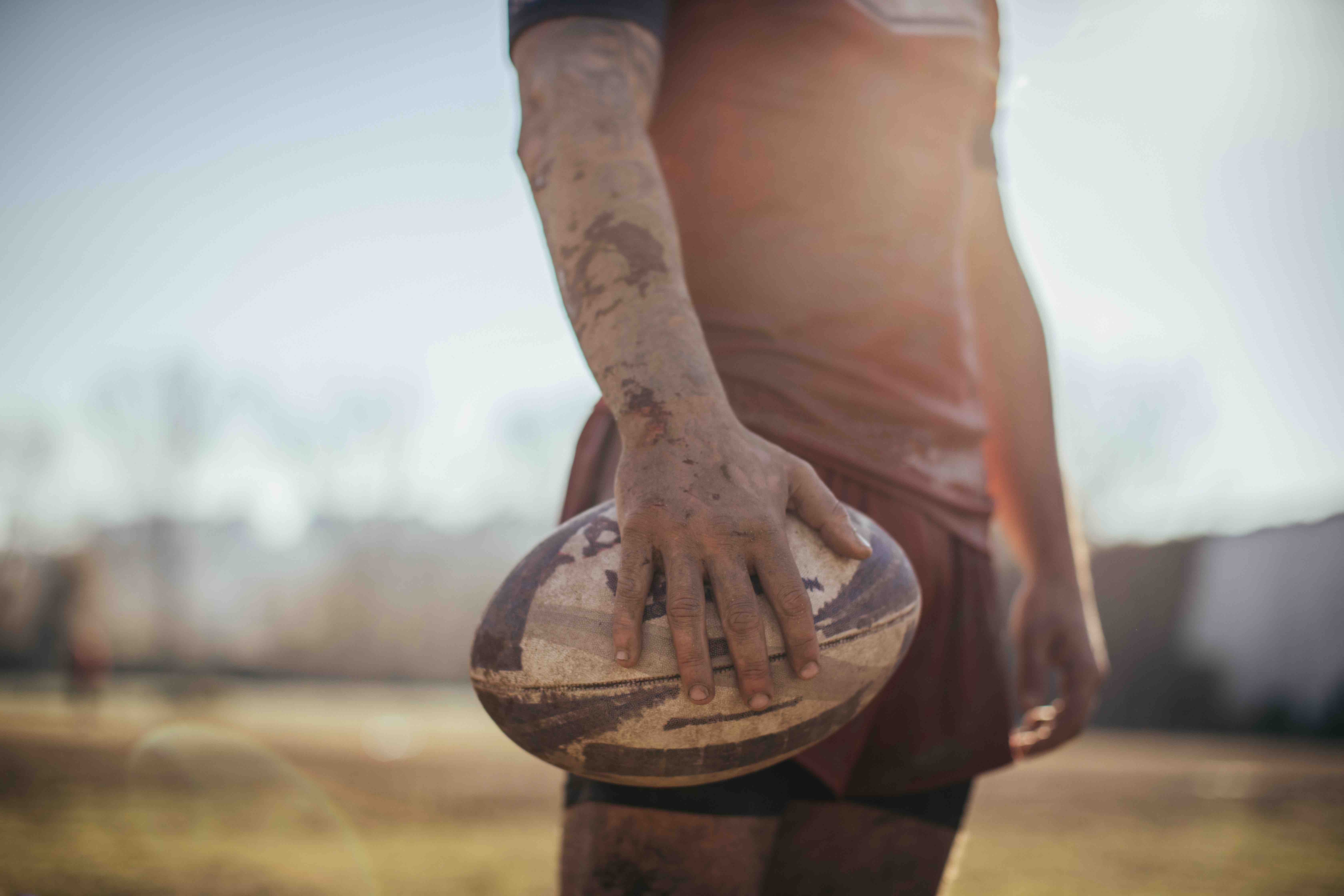
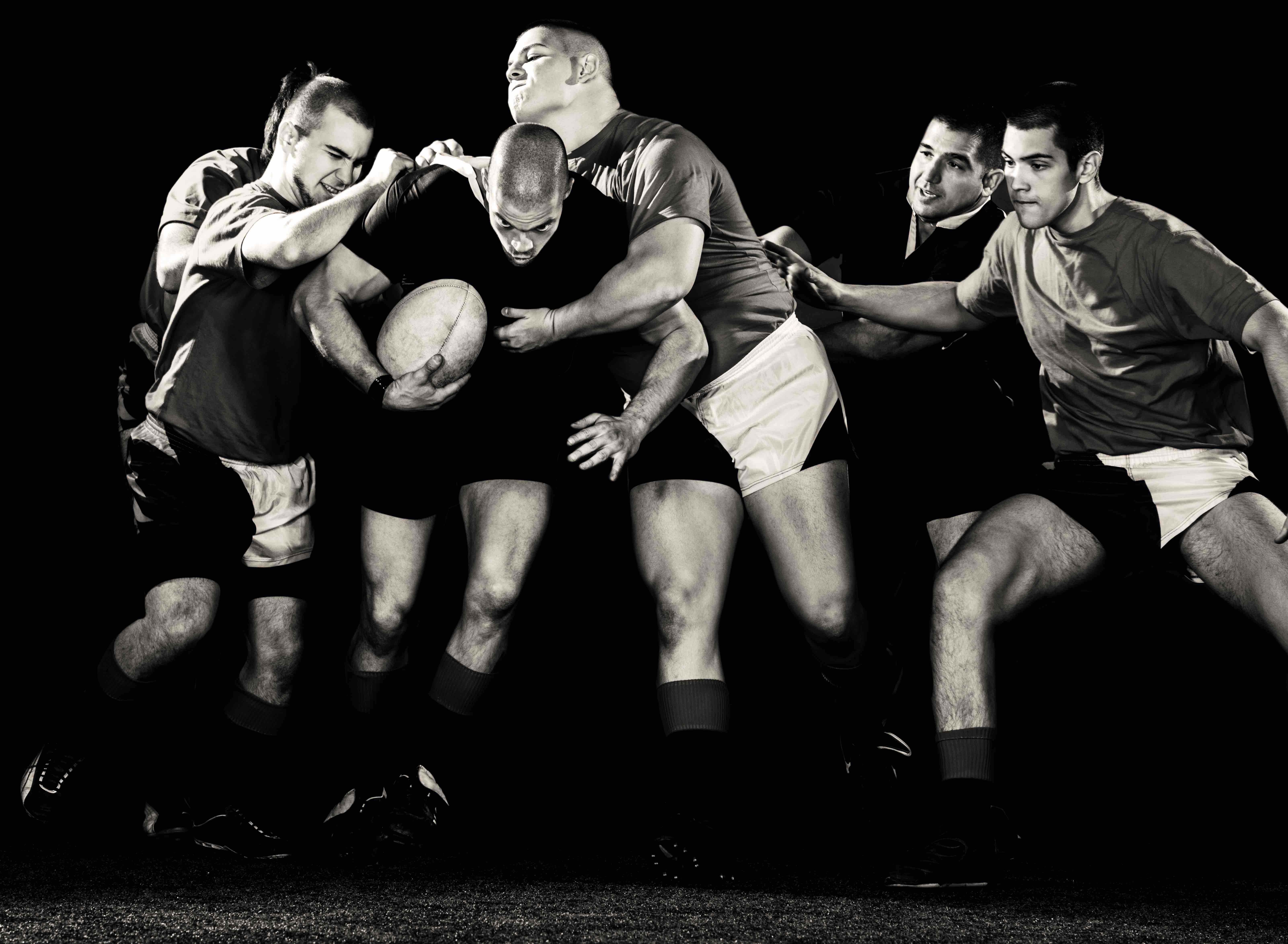

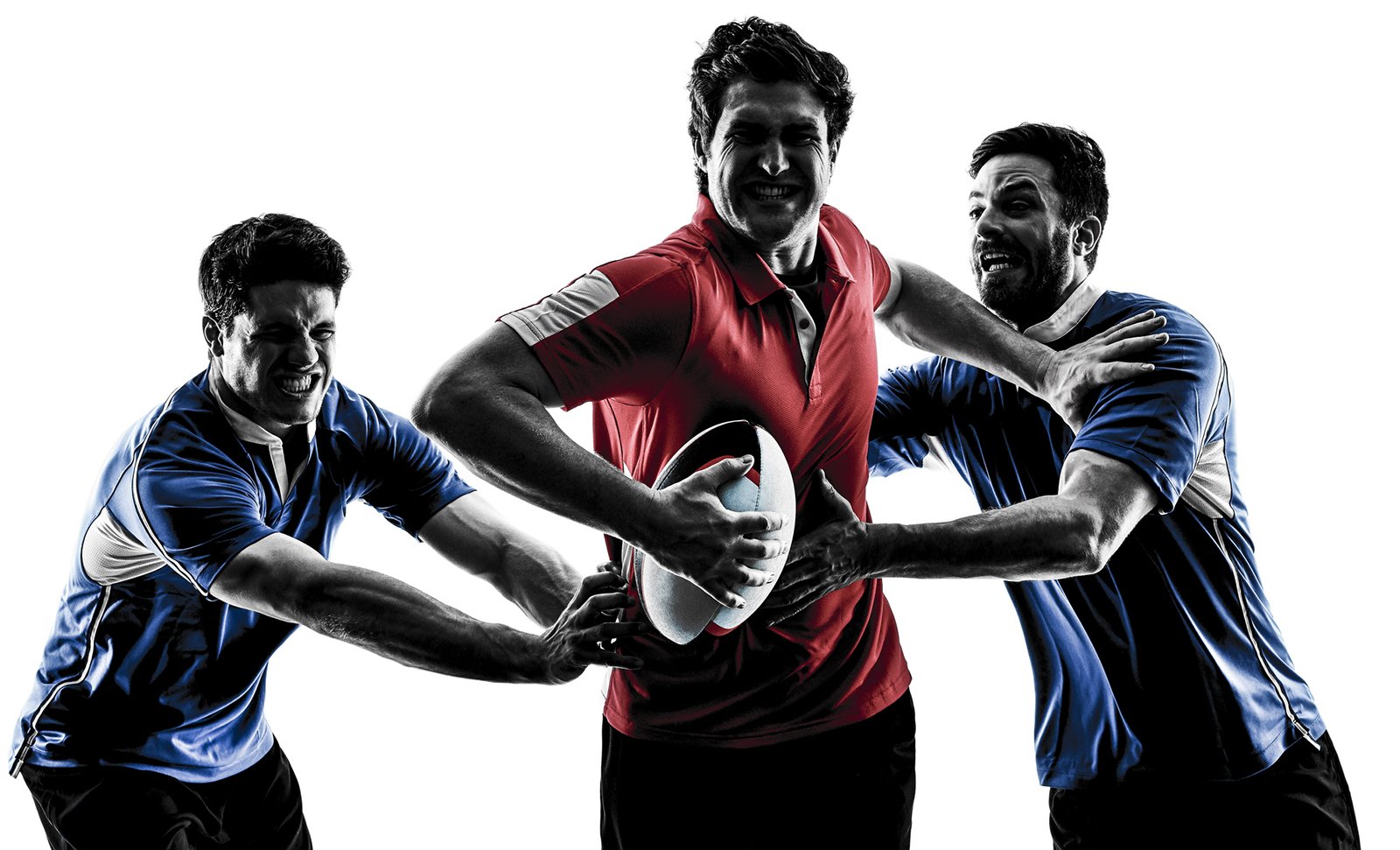
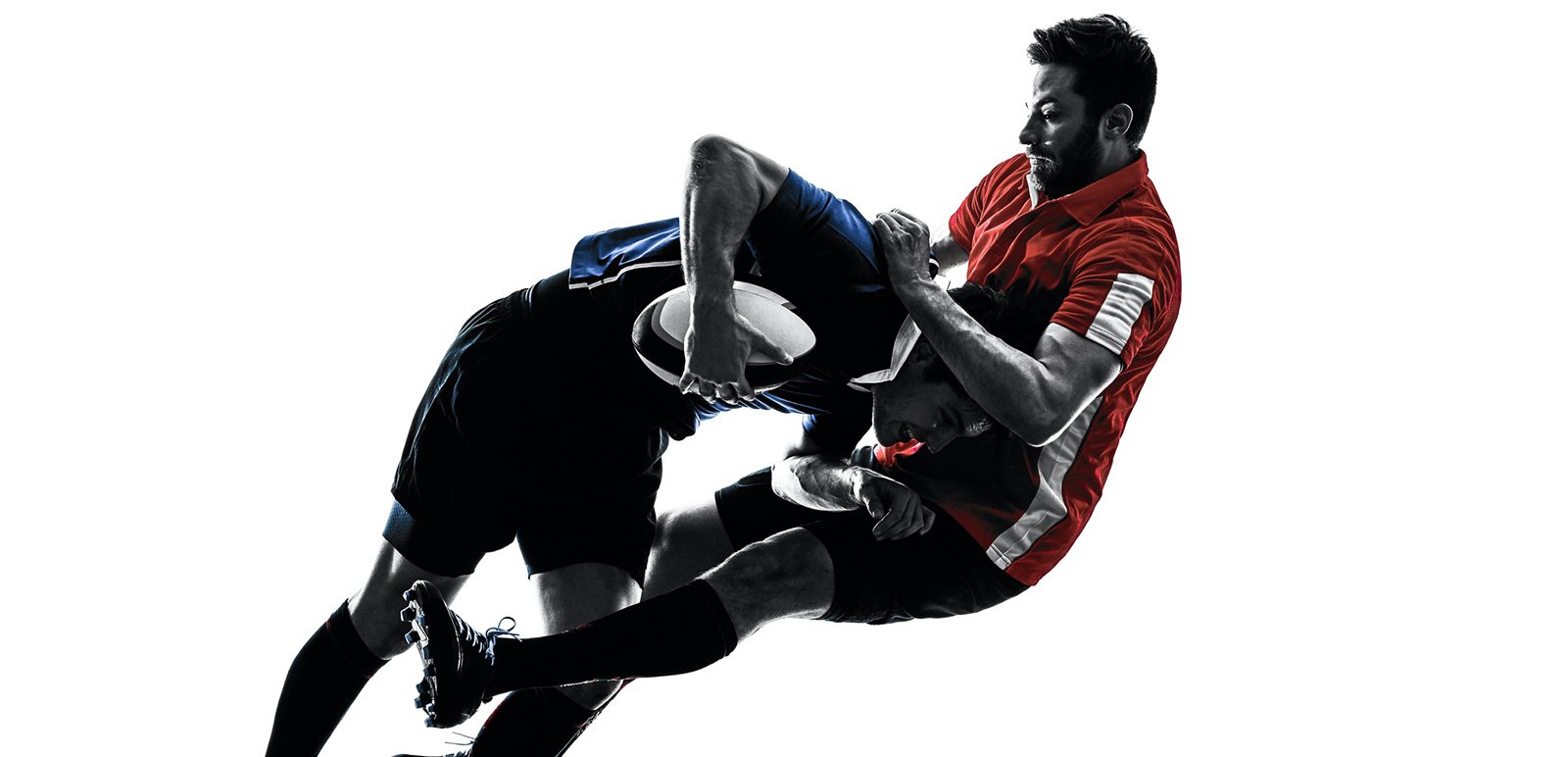

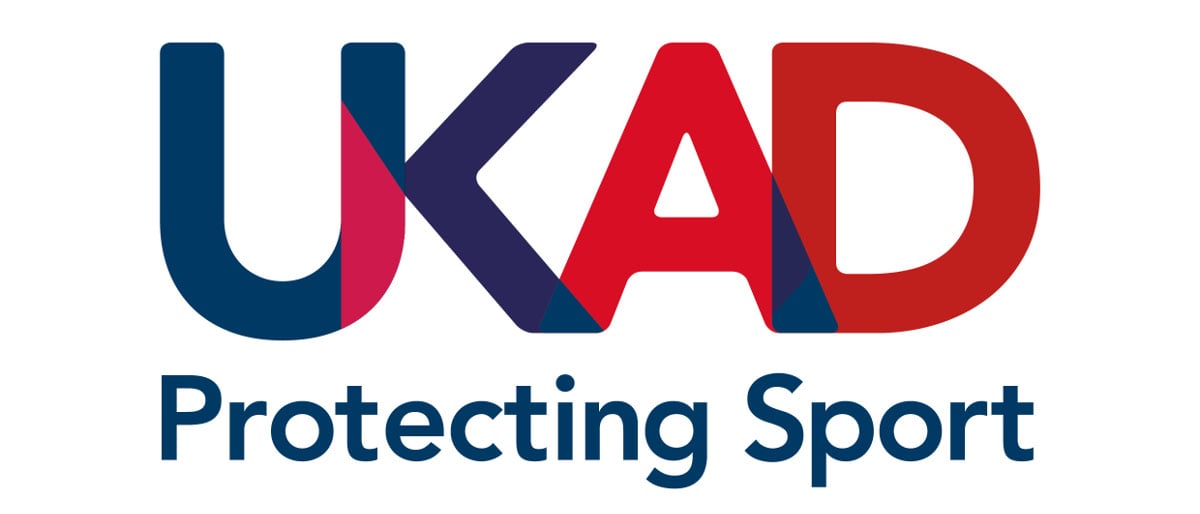
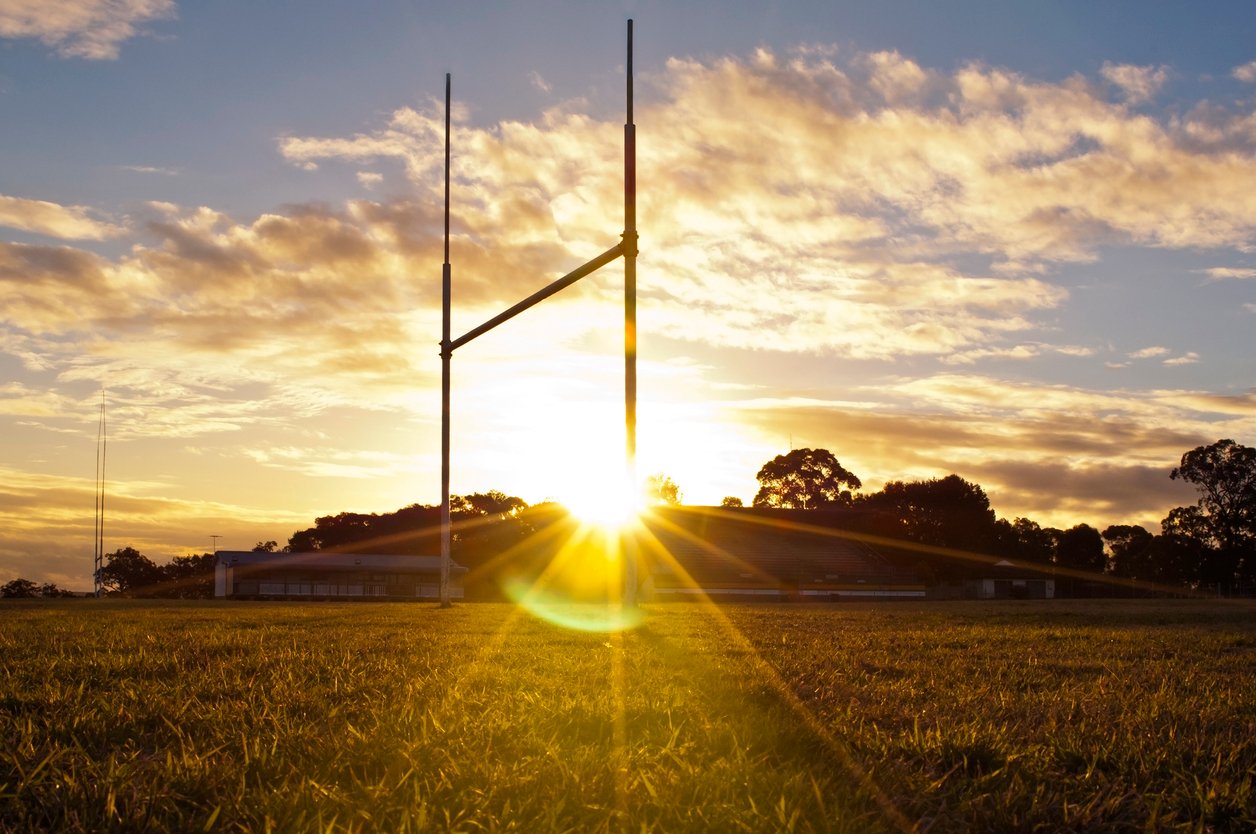
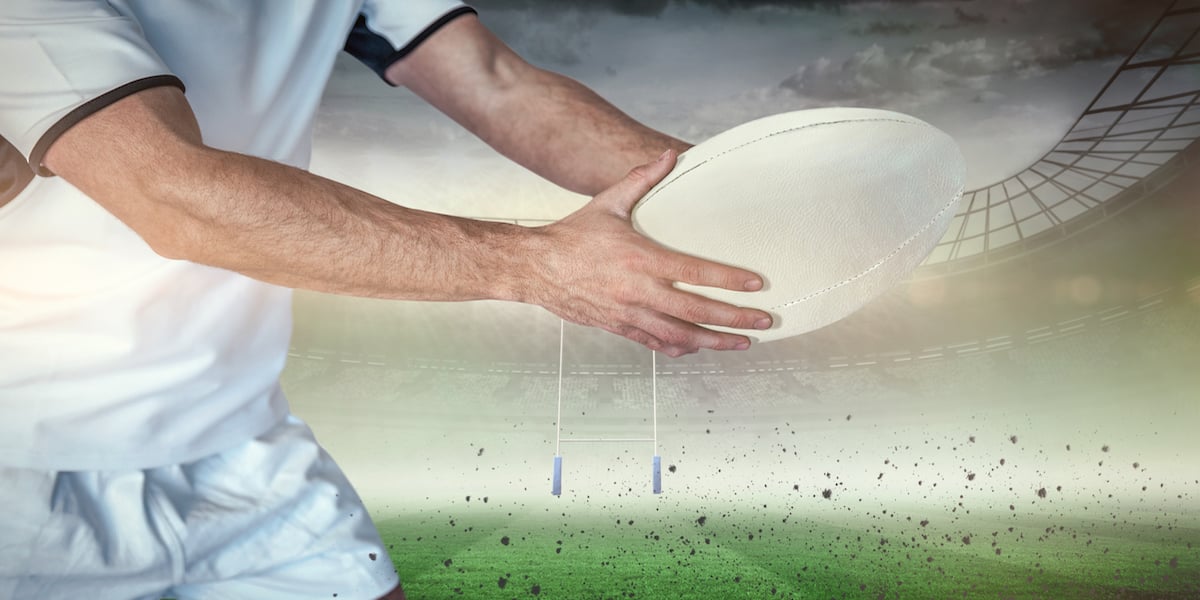
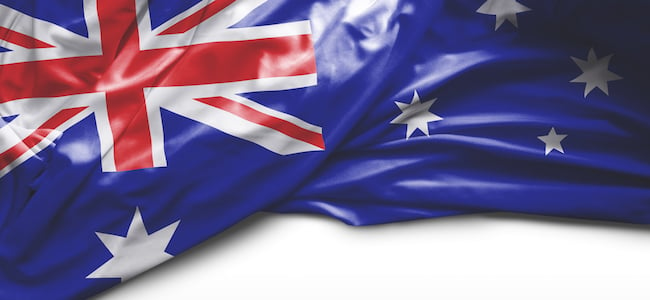
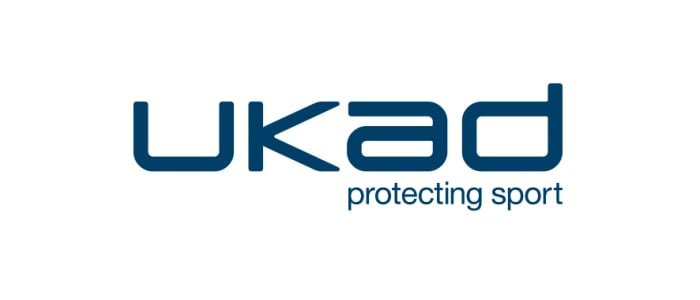


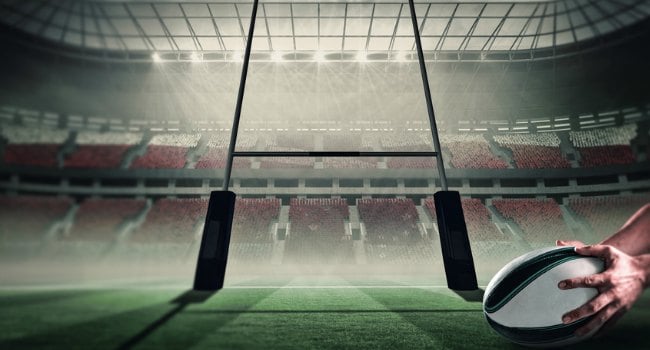
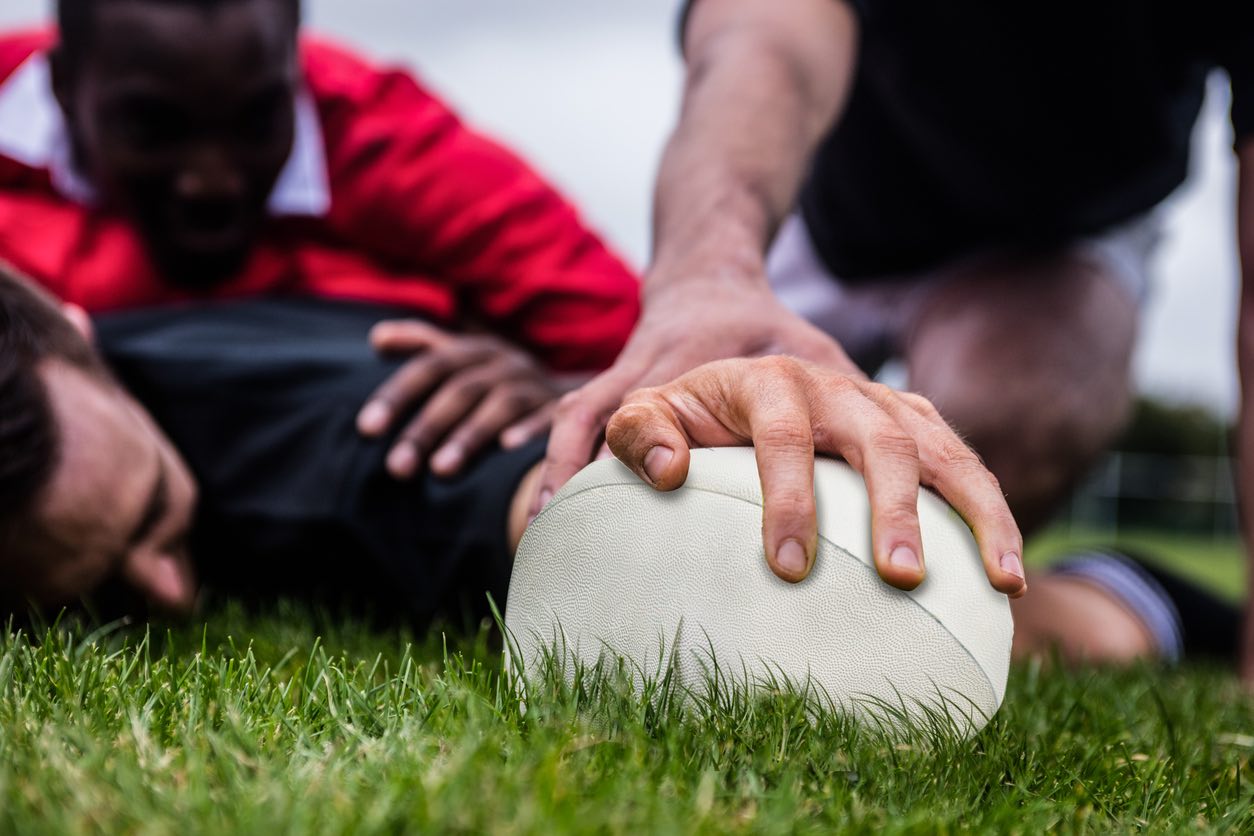






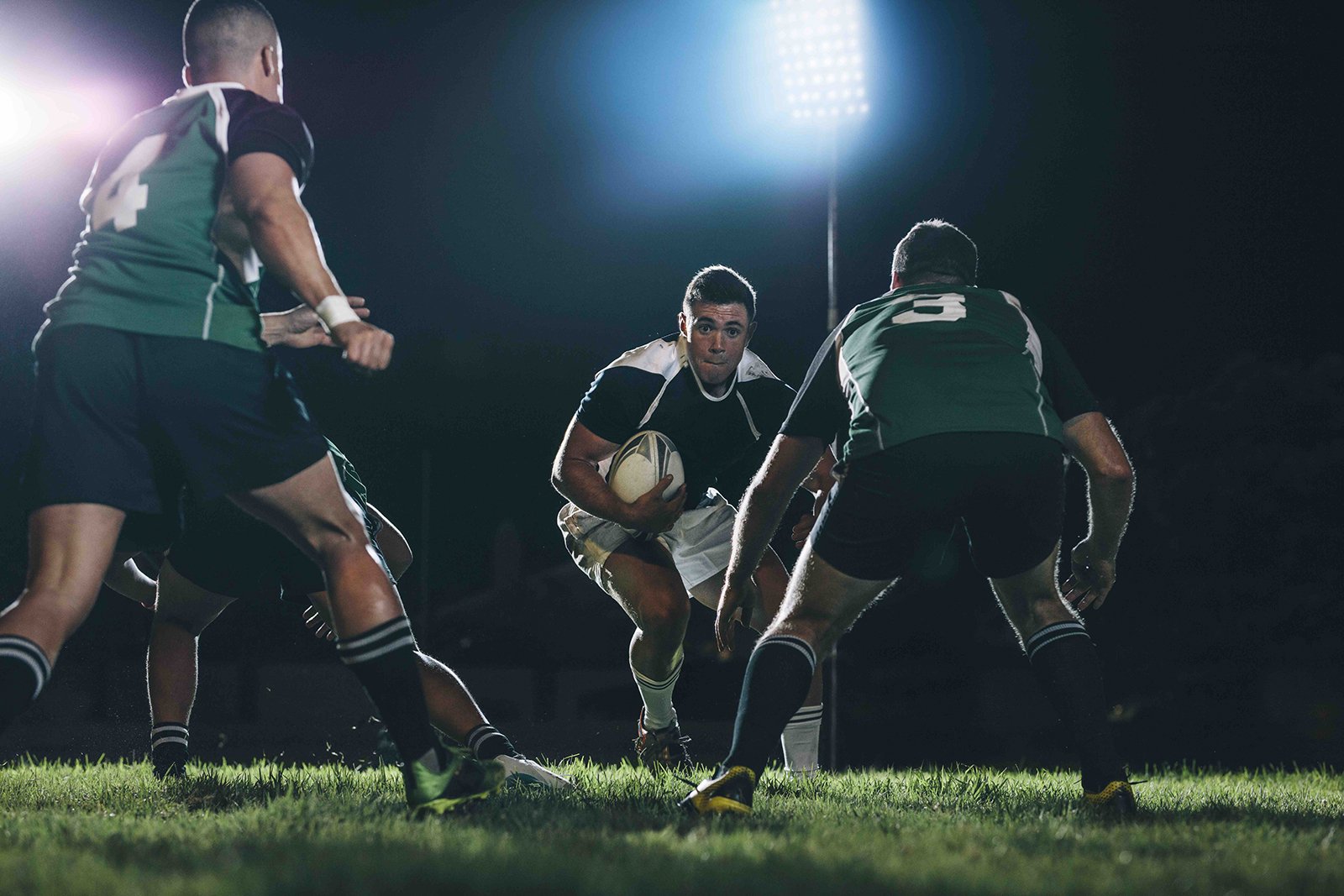






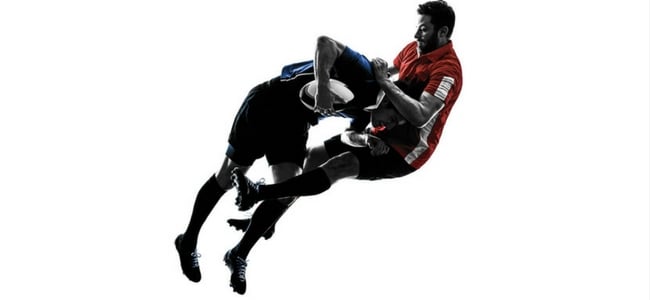


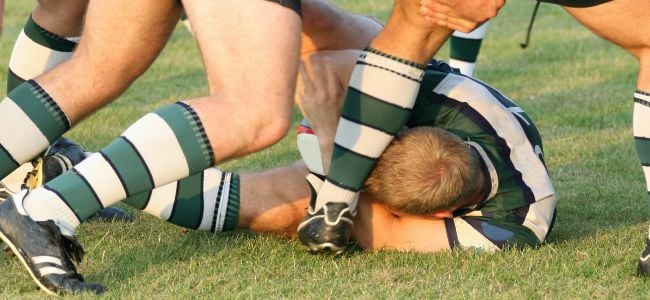
 Global Summit 2024
Global Summit 2024